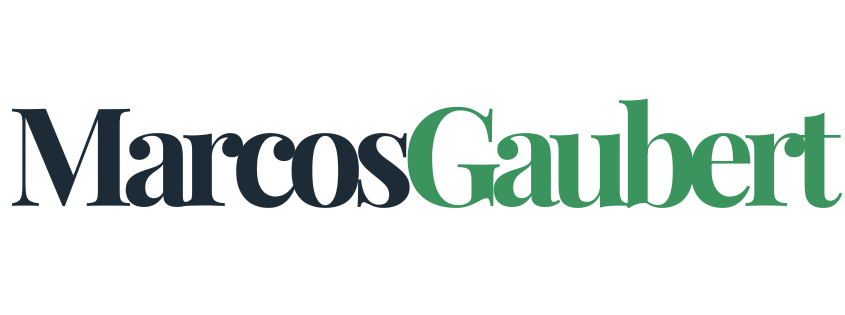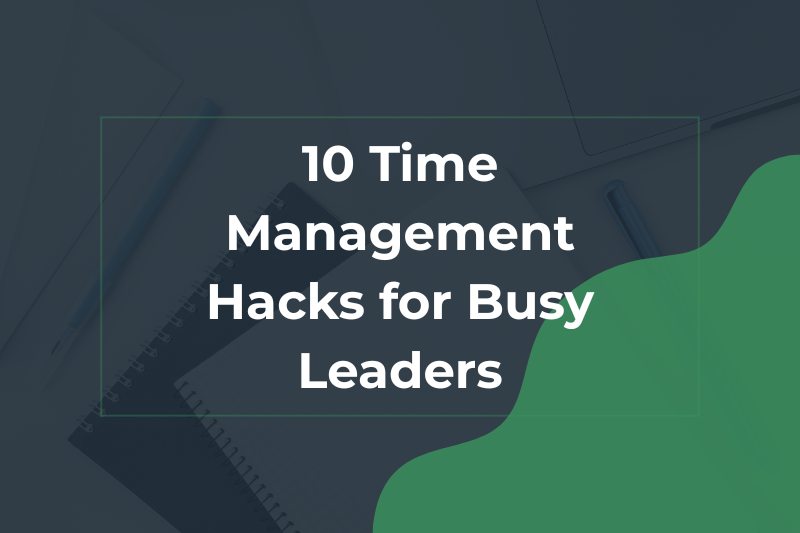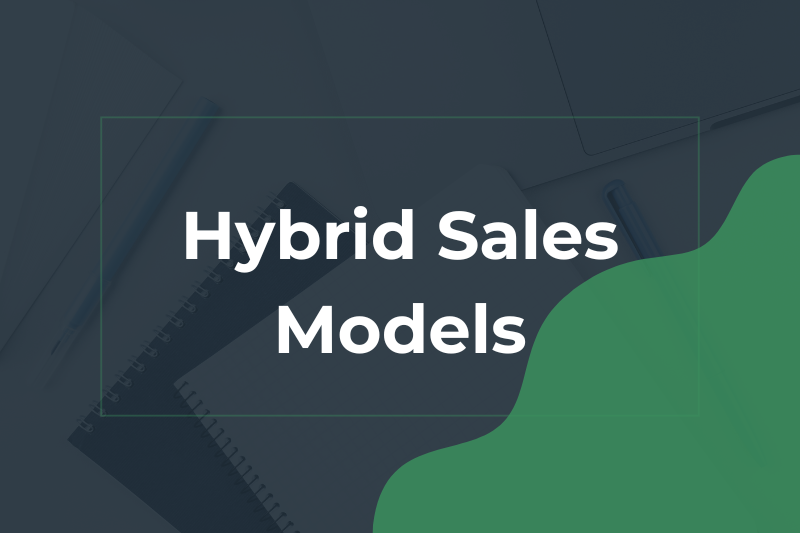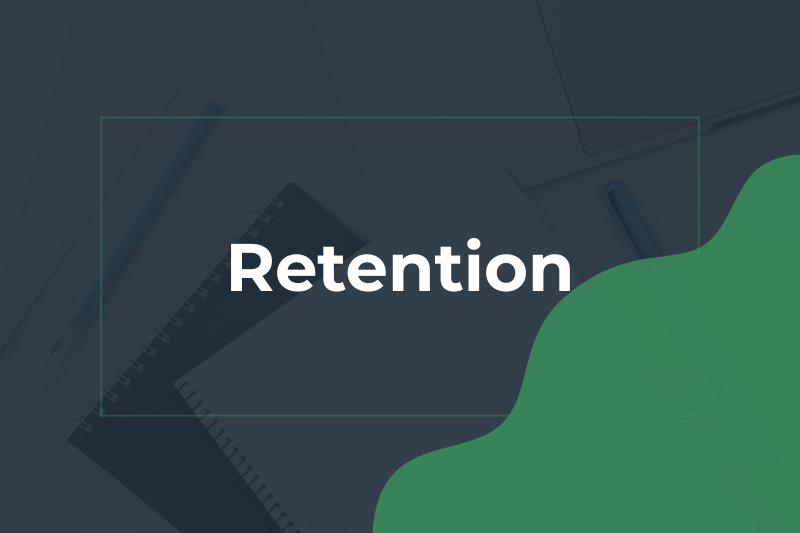In a few conferences, masterclasses and interviews, one of the most common questions people had asked me during the Q&A’s is:
“Marcos, what is your favourite book?”
Or even:
“Marcos, what was the book that changed your career.”
I always struggle to answer this inquiry because, typically, the last book I am reading is the one influencing me the most.
Based on that, I have decided to compile a list of the top 10 books that, for a reason, changed my professional life. I hope I can influence you to read more and keep your career evolving.
1 – Predictable Revenue, by Aaron Ross
Before Predictable Revenue, Aaron Ross was a former VP at Salesforce.com. He implemented the Cold Call 2.0 strategy and built a team that helped the company grow the revenue to over $100 million.
Based on this strategy, other companies like Responsys (sold to Oracle for $1.5 billion) and Acquia (named the #1 fastest growing company in North America) dramatically speed up new sales growth.
I read this book during the time I had my first experience working for a fast-growing software company. At that time, the whole company was focusing on finding new ways to bring more revenue in a sustainable and scalable way. At that point, the growth machine was entirely based on an inbound lead generation strategy. The book Predictable Revenue brought us a new perspective on being more active in the lead generation process.
With some adaptation, Any business, from software companies to retail, can benefit from a strategy like that. The concept of Cold Call 2.0 inside sales is simple and easy to be implemented.
2 – Outliers, The Story of Success by Malcolm Gladwell
In this fantastic book, Malcolm Gladwell breaks down the reality behind high-performance people. The question he asks and shares the answer with us is:
What makes outliers different?
The answer is: typically, we focus too much attention on what successful people are like and too little attention on other aspects like:
– Where are they from?
-Their culture, their family, their generation.
-What kind of effort did they put to get where they are.
– How many hours of practice did they have?
Throughout the book, he clarifies the secrets behind software billionaires, great soccer players, why Asians are the best in math, and why the Beatles are the greatest rock band of all time.
This book helped me understand the secret of high performance and comprehend that I can achieve an outlier performance if I put in the right effort.
3 – The Gap and The Gain: The High Achievers’ Guide to Happiness, Confidence, and Success by Dan Sullivan and Dr. Benjamin Hardy
This simple yet profound concept that unsuccessful people focus on “The Gap,” but successful people focus on “The Gain.” is what this book brings light to. Beyond that, it helps us understand what triggers this kind of behaviour and how to avoid being in the gap instead of being in the gain.
Many people, particularly those with high ambitions, are unhappy because of the way they measure their progress. We all have an “ideal,” a moving target that is always out of reach. When we measure ourselves against that ideal, we’re in “the GAP.” However, when we measure ourselves against our previous selves, we’re in “the GAIN.”
This book impacts me in so many ways that it is hard to describe in one paragraph how I measure success in my professional career, the way I focus on my relationships, and so on.
4 – The Lean Startup, by Eric Ries
Most startups fail. That is a fact. But many of those failures are preventable. This book brings us a new method that has been adopted for many companies around the world, transforming the way companies are built and how they are launching new products.
Eric Ries defines a startup as an organization dedicated to creating something new under conditions of extreme uncertainty. This applies to one person in a garage or a group of seasoned professionals in a Fortune 500 boardroom.
The Lean Startup approach fosters companies that are capital efficient and leverage human creativity more effectively. Inspired by lessons from lean manufacturing, it relies on “validated learning,” rapid scientific experimentation, as well as a number of counter-intuitive practices that shorten product development cycles, measure actual progress without resorting to vanity metrics, and learn what customers really want. It enables a company to shift directions with agility.
This book has impacted my career because it taught me that rather than spending my time creating elaborate business plans, it is better to test my vision continuously, to adapt and adjust before it’s too late. It helps to develop and manage new product launches at a fast pace.
5 – 4- Hour Work Week, by Timothy Ferriss
Whether your dream is escaping the rat race, experiencing high-end world travel, or earning a monthly five-figure income with zero management, The 4-Hour Workweek is the blueprint.
According to the book description, the book brings us a step-by-step guide to luxury lifestyle design teaches:
– How Tim went from $40,000 per year and 80 hours per week to $40,000 per month and 4 hours per week
– How to outsource your life to overseas virtual assistants for $5 per hour and do whatever you want
– How blue-chip escape artists travel the world without quitting their jobs
– How to eliminate 50% of your work in 48 hours using the principles of a forgotten Italian economist
– How to trade a long-haul career for short work bursts and frequent “mini-retirements.”
For me, the Aha! moment came when I realized that I could use some of those concepts to automatize and set priorities on my actual work. Instead of looking for early retirement or living my life travelling around the world, everything is not worth my time and brain I try to automate.
6 – Rich Dad Poor Dad, by Robert T. Kiyosaki
This book, out of this list, is probably the most famous. I remember reading this book when I was 18 years old, in a moment in my life that I was looking for a north, a way to start up my career and my first investments.
In this book, the author shares his story of growing up with two dads — his real father, his poor dad, and the father of his best friend, his rich dad — and the ways in which both men shaped his thoughts about money and investing. The book explodes the myth that you need to earn a high income to be rich and explains the difference between working for money and having your money work for you.
7 – Influence: The Psychology of Persuasion, by Robert B Cialdini PhD
This book explains the psychology of why people say yes and how to apply these insights ethically in business and everyday settings. Using memorable stories and relatable examples, Cialdini makes this crucially important subject surprisingly easy.
By reading this book you will learn the Universal Principles of Influence, so you can become an even more skilled persuader, you will also learn how to defend yourself against unethical influence attempts. You may think you know these principles, but you may be ceding their power to someone else.
The Universal Principles of Persuasion are:
– Reciprocation
– Commitment and Consistency
– Social Proof
– Liking
– Authority
– Scarcity
Understanding and applying the principles ethically is cost-free and deceptively easy. Backed by Dr. Cialdini’s 35 years of evidence-based, peer-reviewed scientific research—including a three-year field study on what leads people to change—Influence is a comprehensive guide to using these principles to move others in your direction.
8 – Blue Ocean Strategy, by W. Chan Kim
In this bestseller, the author challenges everything you thought you knew about the requirements for strategic success. Recognized as one of the most iconic and impactful strategy books ever written,
The Blue Ocean Strategy, argues that cutthroat competition results in nothing but a bloody red ocean of rivals fighting over a shrinking profit pool. Based on a study of 150 strategic moves (spanning more than 100 years across 30 industries), the authors show us that lasting success comes not from battling competitors but from creating “blue oceans”–untapped new market spaces ripe for growth.
It also presents a systematic approach to making the competition irrelevant and outlines any organization’s principles and tools to create and capture their own blue oceans.
9 – Getting Things Done: The Art of Stress-Free Productivity, by David Allen
This is the type of book (like all others on this list) I like to revisit once in a while to refresh and remember some of the concepts.
Since it was first published almost fifteen years ago, Getting Things Done has become one of the most influential business books of its era and the ultimate book on personal organization. “GTD” is now shorthand for an entire way of approaching professional and personal tasks and has spawned a whole culture of websites, organizational tools, seminars, and offshoots.
10 – Measure What Matters, by John Doerr
This book helped me a lot to solidify one specific concept:
“There is no progress without measurement.”
Sometimes it is hard to focus on the right things. At the end of the day, it is tough to understand which goals will really move the needle.
The concept of OKRs can help a lot with that. Measure What Matters guides us on how to use the OKR management system to identify our priorities, set ambitious goals, clearly measure and track them, and motivate and align everyone on your team.
This is the system that helped Larry Page and Sergey Brin turn a small startup called Google into one of the world’s most ambitious and innovative companies. Whether your business is large or small, OKRs are invaluable tools. In this book, you will learn to implement the same management system used by Google, Intel, LinkedIn, Disney, Twitter, and Spotify.
Conclusion:
Those books are my top 10, and I am always looking for new books to read. If you have an excellent reading recommendation, let me know, there is always space to add new books to my library.
Do you have something that you would like to add to this post? Get in touch here or leave me a comment.





